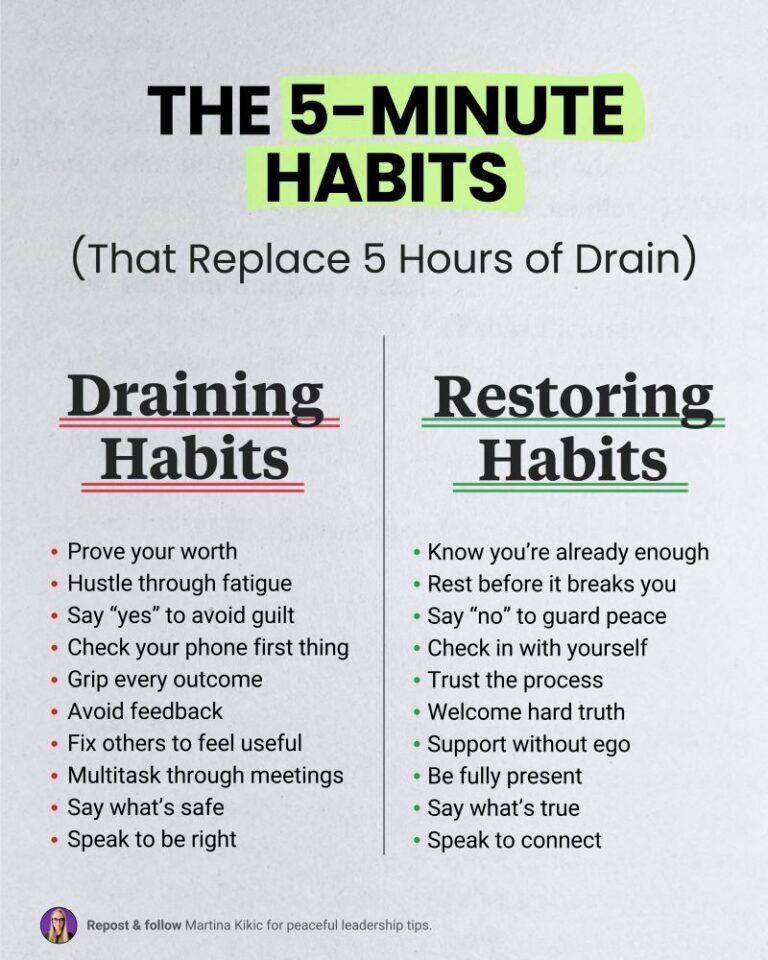
The “fibermaxxing” trend is gaining attention online, but experts warn of its risks. Here’s what it means, why it’s popular, and the health dangers you should know.
What Is “Fibermaxxing”?
“Fibermaxxing” is a viral dietary trend where people drastically increase their fiber intake in an attempt to improve digestion, lose weight, or feel “healthier.” On social media, it’s often promoted as a quick hack for cleansing the gut, cutting cravings, or achieving fast satiety.
While fiber is indeed essential for health, the extreme approach behind fibermaxxing is raising concerns among nutrition experts.
Why People Are Doing It
Weight management: Fiber expands in the stomach, creating a feeling of fullness.
Gut health hype: Social media posts often overstate fiber’s role in “detoxing” or balancing the microbiome.
Quick results: Many believe fiber can speed up digestion and eliminate bloating instantly
Why Health Professionals Are Concerned
Digestive Distress
Excessive fiber can lead to gas, bloating, cramps, diarrhea, or constipation (depending on the type of fiber consumed).
Nutrient Absorption Issues
Very high fiber intake may block absorption of essential nutrients such as iron, zinc, calcium, and magnesium.
Electrolyte Imbalance
Overusing fiber supplements or powders can cause dehydration and imbalances in electrolytes if water intake is insufficient.
Risk of Eating Disorders
The obsession with “maxxing” fiber can push some people toward restrictive or disordered eating behaviors.
Not One-Size-Fits-All
People with conditions like IBS, Crohn’s disease, or ulcerative colitis may worsen their symptoms with too much fiber.
How Much Fiber Do We Really Need?
According to health guidelines:
Women: ~25 grams per day
Men: ~30–38 grams per day
👉 Most people actually fall short of these recommendations. But the solution is balanced, gradual fiber intake from natural foods—not extreme supplementation.
Safe Ways to Increase Fiber
Add more fruits, vegetables, whole grains, legumes, nuts, and seeds to meals.
Increase intake gradually to give your digestive system time to adjust.
Drink plenty of water to prevent constipation
Fiber is vital for good health, but the “fibermaxxing” trend takes it to dangerous extremes. Instead of overloading on supplements or fiber powders, experts recommend a balanced diet with moderate, steady increases in natural fiber sources.







